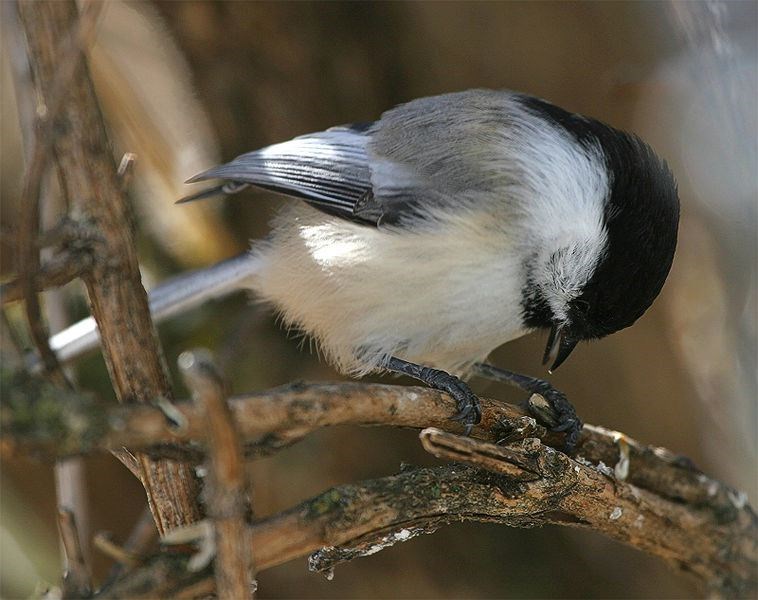A Prince George PhD student has discovered chickadees can change their pitch to better communicate in urban settings.
"Black-capped chickadees are pretty unique in that while they sing a single song type, they naturally pitch-shift this song up and down in frequency," said Dr. LaZerte in Monday's press release. "But, what's really interesting is that birds in noisy areas have learned to do this deliberately to compensate for urban noise."
The University of Northern B.C. researcher's findings were published in the "top-tier" evolutionary biology journal, Proceedings of the Royal Society of London B.
LaZerte expanded on previous research by Hans Slabbekoorn from Leiden University in The Netherlands - who was also a co-author - that found birds in cities typically sing songs that are higher-pitched than birds in their natural habitat. The idea is that, in contrast to the quieter rural settings, a high pitch means their songs aren't masked by city noise.
The chickadee's distinct song plays an important role in mate attraction and territory defence, the release said, especially in a noisy environment.
But it took being in that noisy environment for the bird to properly respond and raise its pitch. When she recorded the natural singing patterns in a quiet area and compared it to the noisy area, she found the rural chickadees went the wrong way and lowered their pitch. That made them harder to hear. In contrast, the birds in the urban settings, as Slabbekoorn found, sang to the sharper, higher notes.
She tested this by setting up speakers and broadcasting synthetic traffic noise in the rural areas in different cities across B.C. to see how the inexperienced black-capped birds would respond to the sudden blasts of unfamiliar noise.
"She discovered that birds do shift the frequency of their songs upwards in the face of low-frequency song, but that birds appear to need prior experience with noise in order to respond correctly to it," the UNBC release explained. "They need to learn how to cope."
The study was also co-authored by LaZerte's supervisor Ken Otter.



